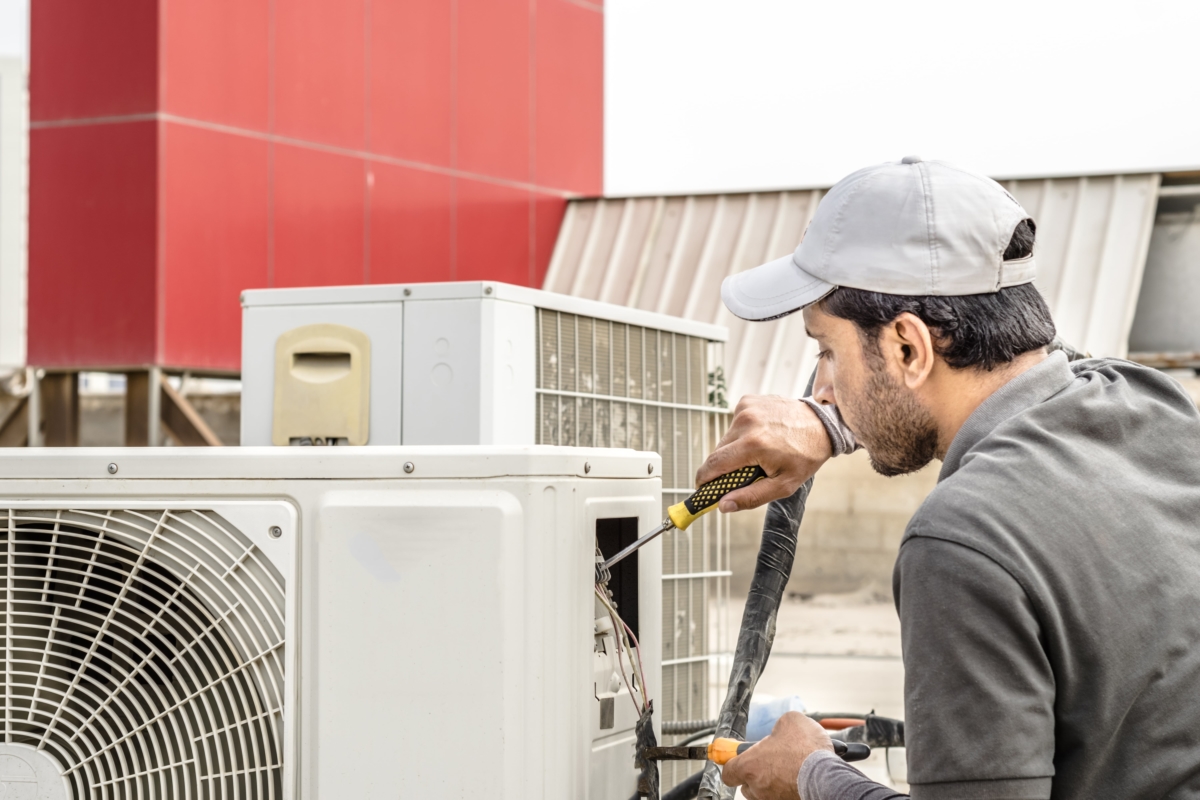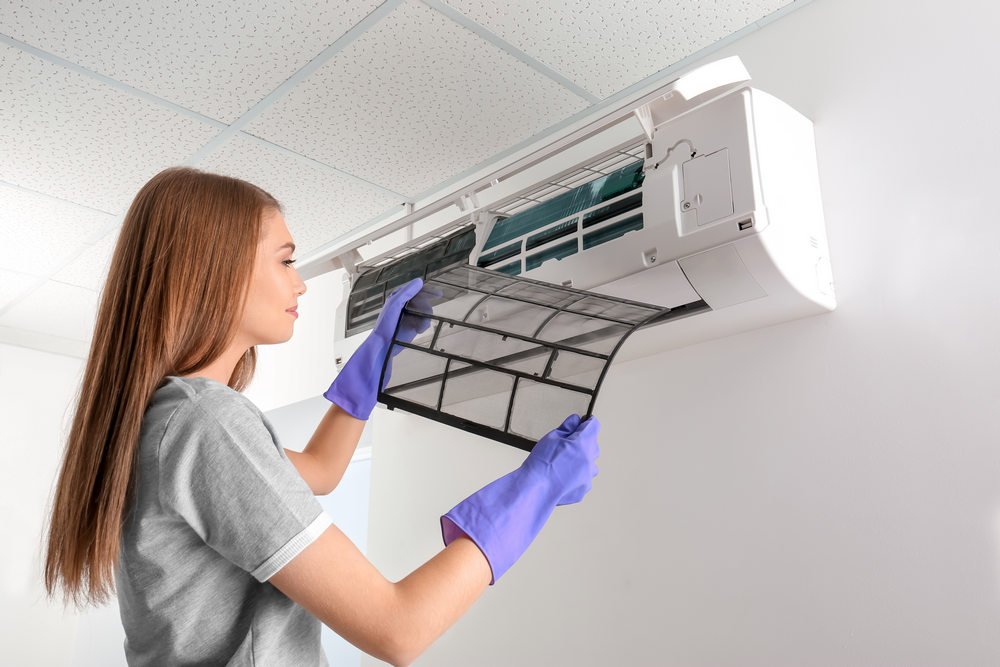Maintaining good air quality in our homes and workplaces is essential for our health and well-being. Poor air quality can lead to various health issues, including respiratory problems and allergies. One common issue that affects air quality is the presence of duct odors. These unpleasant smells can be a sign of underlying problems within your HVAC system. In this article, we will explore natural methods to improve air quality and address duct odors effectively.

What Causes Duct Odors?
Understanding the root causes of duct odors is the first step in addressing the issue. Common causes include mold and mildew growth, dust accumulation, pest infestations, and trapped moisture. Each of these problems can contribute to a decline in air quality and create an unpleasant environment in your home or office.
Mold and Mildew
Mold and mildew thrive in damp environments, making your HVAC system an ideal breeding ground. These fungi release spores into the air, leading to musty odors and potential health risks. It is crucial to address mold and mildew promptly to improve air quality.
Dust and Debris
Over time, dust and debris can accumulate in your ductwork, leading to reduced air quality and unpleasant odors. Regular cleaning and maintenance are necessary to prevent these issues.
Pest Infestations
Pests like rodents and insects can find their way into your ductwork, leaving behind droppings and debris that contribute to duct odors. Addressing pest problems is essential for maintaining good air quality.
Natural Methods to Improve Air Quality and Eliminate Duct Odors
Fortunately, there are several natural methods you can use to improve air quality and eliminate duct odors. These methods are safe, effective, and environmentally friendly.
Regular Cleaning and Maintenance
One of the most effective ways to improve air quality and prevent duct odors is to schedule regular cleaning and maintenance of your HVAC system. This includes cleaning or replacing air filters, removing dust and debris from ductwork, and checking for signs of mold or mildew.
For a detailed guide on maintaining your HVAC system, visit remove musty smell.
Use of Activated Charcoal
Activated charcoal is a powerful natural odor absorber. Placing activated charcoal bags near air vents and inside ductwork can help absorb unpleasant odors and improve air quality. This method is safe and environmentally friendly.
Essential Oils
Essential oils such as tea tree oil, eucalyptus, and lavender have natural antimicrobial properties. Adding a few drops of these oils to your HVAC system or using them in a diffuser can help eliminate mold spores and improve the scent of your indoor air.
Vinegar and Baking Soda
Vinegar and baking soda are household staples that can be used to clean and deodorize your HVAC system. Mixing vinegar with water and using it to wipe down duct surfaces can help remove mold and mildew. Baking soda can be sprinkled inside ductwork to neutralize odors.
Improve Ventilation
Improving ventilation in your home or office is another effective way to enhance air quality and reduce duct odors. Opening windows and doors periodically allows fresh air to circulate, reducing the concentration of indoor pollutants.
The Importance of Professional Inspections
While natural methods can be highly effective, it is essential to have your HVAC system inspected by professionals regularly. Professional inspections can identify hidden issues that may be affecting air quality and causing duct odors. For more information on preventing odors, check out preventing odor.
Benefits of Improved Air Quality
Improving air quality in your home or office has numerous benefits. It can lead to better respiratory health, reduced allergies, and a more pleasant living or working environment. Additionally, it can enhance the efficiency of your HVAC system, leading to cost savings on energy bills.
Health Benefits
Good air quality is essential for maintaining respiratory health. By eliminating duct odors and reducing indoor pollutants, you can reduce the risk of allergies, asthma, and other respiratory conditions.
Energy Efficiency
A clean and well-maintained HVAC system operates more efficiently, leading to lower energy consumption and reduced utility bills. Improved air quality can also extend the lifespan of your HVAC system.
Conclusion
Maintaining good air quality and addressing duct odors is crucial for creating a healthy and comfortable living or working environment. By using natural methods and scheduling regular maintenance, you can effectively improve air quality and ensure a pleasant atmosphere in your home or office. Remember that professional inspections are also essential to identify and address any hidden issues that may affect air quality.

FAQs
What are the common causes of duct odors?
Common causes of duct odors include mold and mildew growth, dust accumulation, pest infestations, and trapped moisture. Addressing these issues is essential for maintaining good air quality.
How often should I clean my HVAC system?
It is recommended to clean your HVAC system at least once a year. Regular maintenance, including cleaning or replacing air filters and inspecting ductwork, can help improve air quality and prevent duct odors.
Are there any natural methods to eliminate duct odors?
Yes, there are several natural methods to eliminate duct odors, including using activated charcoal, essential oils, vinegar, and baking soda. These methods are safe and effective for improving air quality.
For more insights on addressing HVAC-related issues, consider visiting clean air conditioner.
This article contains affiliate links. We may earn a commission at no extra cost to you.